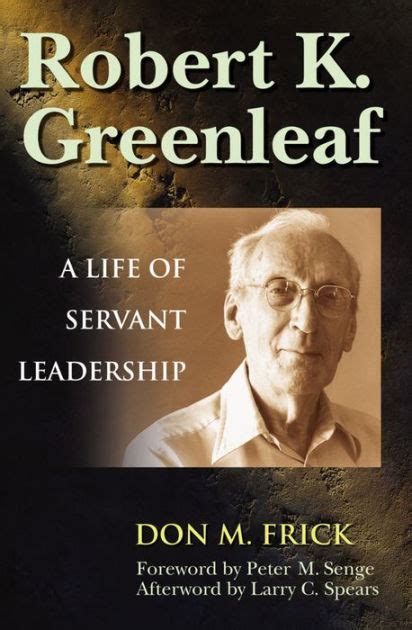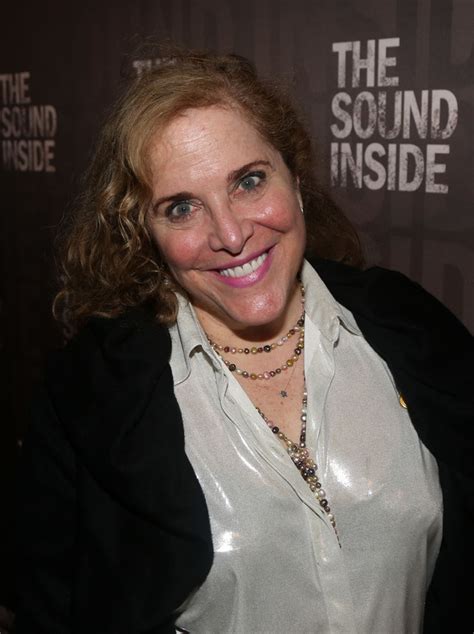A Quote by Robert K. Greenleaf
Even the frankest and bravest of subordinates do not talk with their boss the same way they talk with colleagues.
Quote Topics
Related Quotes
I am working in my office. I've got a boss who tells me what to do. He's got a boss who tells him what to do. And above him is another boss who probably is telling my boss in the same way - or my boss' boss in the same way what to do. In actuality, this is not the way things work. Management science says that that kind of a chain doesn't work more than three levels up.
You can talk about things indirectly, but if you want to talk how people really talk, you have to talk R-rated. I mean I've got three incredibly intelligent daughters, but when you get mad, you get mad and you talk like people talk. When a normal 17-year-old girl storms out of the house or 15-year-old boy is mad at his mom or dad, they're not talking the way people talk on TV. Unless it's cable.


































